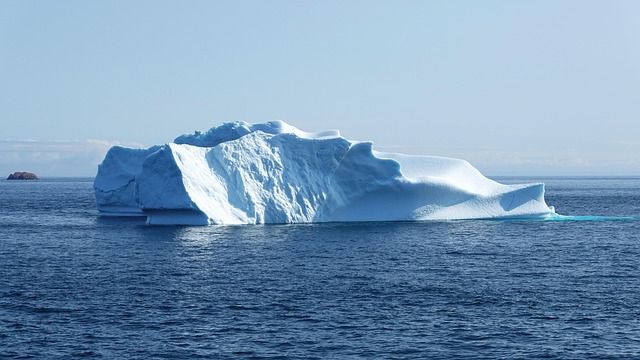Exploring the Impact of Climate Change on Deep-Sea Corals: A Melting Environment
The deep-sea world is one of the least explored and most mysterious habitats on our planet. Among its wonders are deep-sea corals, enchanting structures that provide crucial ecosystems for myriad marine species. However, as humankind continues to grapple with the harsh realities of climate change, these resilient organisms find themselves caught in a tumultuous battle against a rapidly melting environment.
Deep-sea corals thrive in cold, dark waters, often thousands of feet beneath the surface. These ancient organisms are remarkably resilient, able to grow for centuries. They form vital habitats that support diverse marine life, serving as nurseries for fish and providing food and shelter for various species. Unfortunately, the impacts of climate change expose them to unprecedented challenges.
One of the most considerable threats facing deep-sea corals is ocean acidification. As the atmosphere warms, our oceans absorb excess carbon dioxide, which reacts with seawater and forms carbonic acid. This process lowers the pH of the water, making it more acidic—a condition that can severely affect the growth and health of deep-sea corals. When these corals struggle to maintain their calcium carbonate structures, entire ecosystems can be endangered.
Rising sea temperatures also pose a significant risk. Deep-sea corals are adapted to stable temperatures, and even slight increases can disrupt their delicate balance. Many deep-sea species have limited abilities to adjust to changing conditions, making them more vulnerable as their habitats shift beneath them. Bleaching events, previously associated with tropical corals, are now being documented in deep-sea environments, signaling distress in these ancient communities.
As the melting environment unfolds, it’s crucial to remember that deep-sea corals do not exist in isolation. Their health reflects the state of our oceans and, consequently, the fate of our planet. Protecting these remarkable organisms necessitates collective action to mitigate climate change, adopting sustainable practices that lessen our carbon footprint and promote ocean health.
Exploring the depths of our oceans reveals not just stunning beauty but also profound vulnerability. Deep-sea corals symbolize the broader challenges our environment faces amid climate change. As we venture into the future, it is imperative that we recognize their significance and act decisively to safeguard their existence for generations to come.




